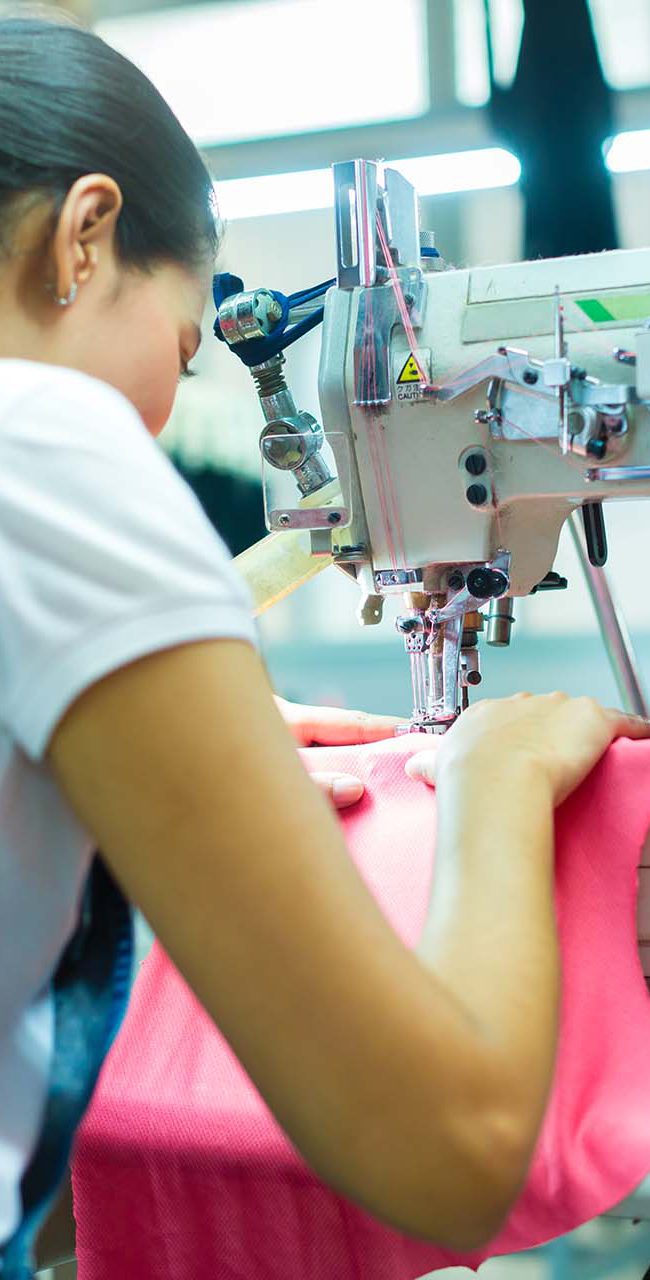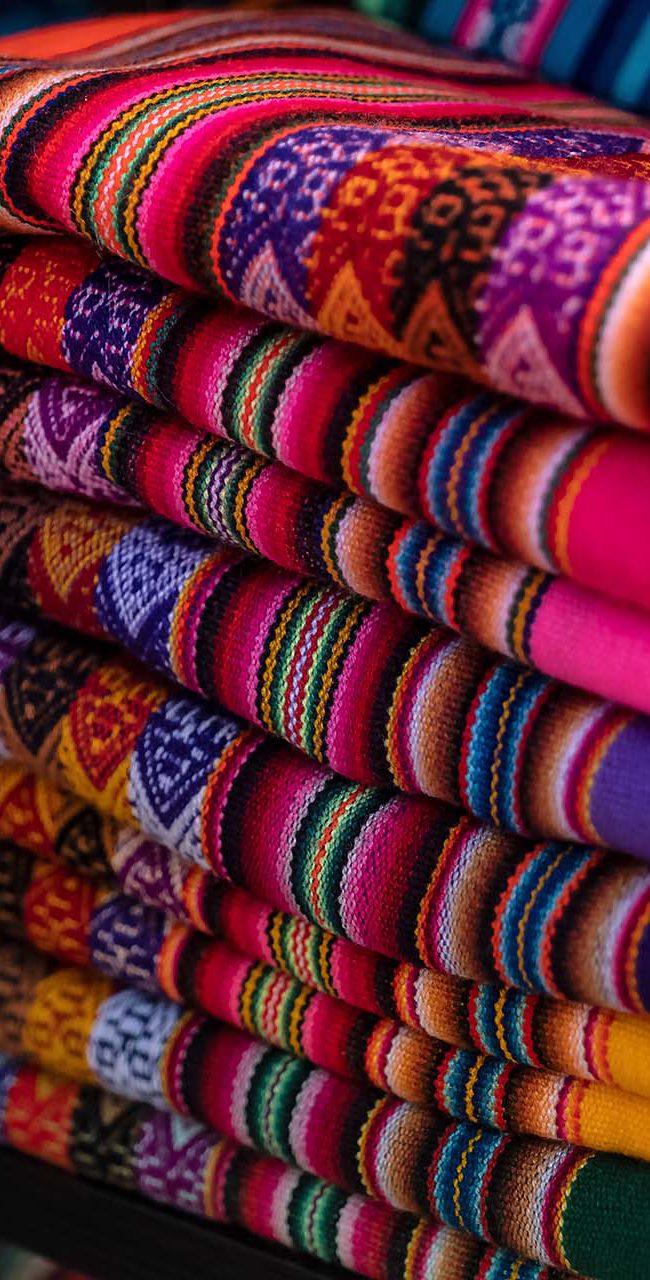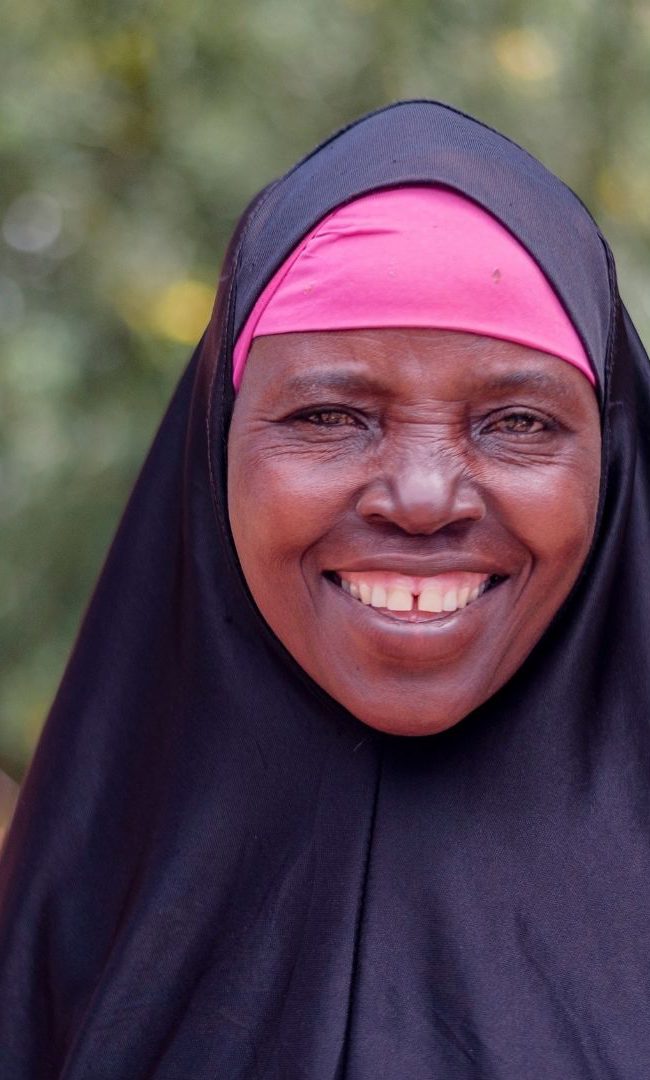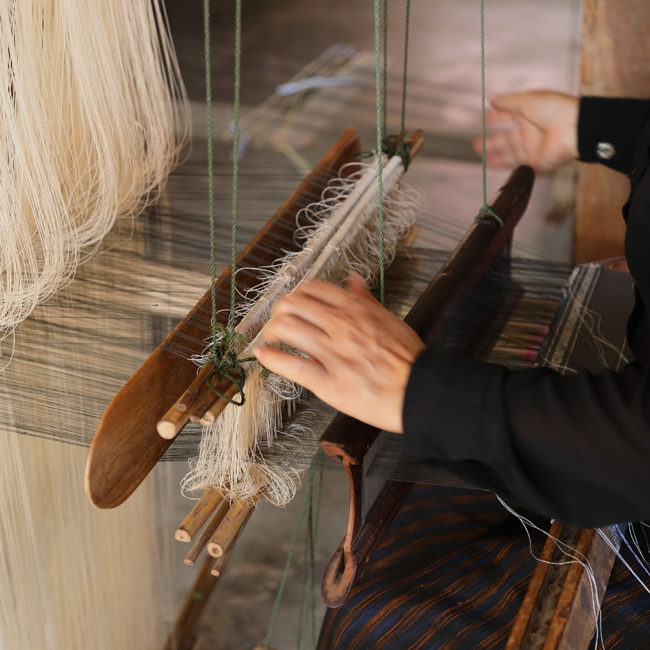Gender’s Role in Small Scale Fashion Supply Chains

Women in the fashion industry
When considering how women play a role in the fashion industry, it is easy to consider the industry’s stereotypical consumer base of young women. While we can recognize that clothing is a basic human need, gender inequities do persist in fashion supply chains.
As 80% of textiles workers are women, most of the labor issues within the fashion industry are inherently and significantly affecting females. These labor issues are mainly due to the “fast fashion” habits of developed nations, which entails high volumes of a mass amount of SKUs being produced at low costs with a short lead time to meet microtrends. Through this industry wide trend, consumers are more frequently demanding on trend products for a low cost. While agencies, like the ILO, are working to counteract the negative effects from unreasonable industry demands for factory workers, informal workers do not receive this same support.
According to the ILO, 42% of global workers fall under the “vulnerable employment” category, which includes individuals in informal employment and living in poverty. Individuals under this category are at higher risk of poverty, as they have limited or no access to social protection programs. With a lack of these programs and financial stability, informal working women are the most impacted economic group worldwide.
Under crises, such as COVID-19, these workers are disproportionately and negatively affected due to a lack of acknowledgement from policy makers. With permanent changes to the retail and hospitality sectors, the opportunities for informal working women continues to narrow. As there are an estimated 2 billion informal workers worldwide and women are overrepresented in informal work in low income nations, addressing informal work issues directly impacts global gender disparities.
An example of informal workers in the textile industry are the back-strap loom weavers of Trama Textiles in Guatemala. These women artisans work mainly in their homes in order to complete other daily chores in between their weaving. Because of Guatemalan cultural expectations around females filling caregiving based roles, women are over-represented as contributing family members and experience long-term financial consequences based on their gender.


In the case of the back-strap loom weavers, Guatemala does not provide social protection programs that are available to formal laborers, such as factory and farm workers, due to the informal nature of their weaving. However, as 42% of workers identify under this informal category worldwide and women are over-represented under these distinctions, gaps within gender inequities continue to broaden. Therefore, efforts to alleviate gender based poverty needs to take into account the small scale, informal production work force around the globe.
Trama Textiles has been addressing these gender centered issues since 1988. The end of the 36-year Guatemalan Civil War, which left devastation and loss of over 200,000 lives, roughly 83% of those being Mayan people. As Guatemalan society was and continues to be a patriarchal and male- dominated society, the overwhelming loss of Mayan fathers, husbands, brothers, and sons left the Mayan women of society with no choice but to provide for themselves.
It was out of this turmoil Trama Textiles was created to support Mayan women who needed to find a way to be financially independent and support their families. Through joining this textile cooperative, weavers were guaranteed fair pay for their textiles and were provided with opportunities for financial and educational support for themselves and their families. With the 400 weavers in the organization, Mayan women are able to collectively build stock to increase sales through in store and online platforms and reach a global customer base unattainable independently.
Through Trama Textiles’ approach to gender-based poverty alleviation, women are empowered to support themselves and their families through collective action and their traditional trade that has been passed down through generations of Mayan women. With the support of global artisans, gender inequalities can be directly addressed and women around the world can have the opportunity to bolster their livelihoods and be empowered through their craft. This is why supporting global artisans is so imperative to the universal fight against gender discrimination.
Everledger has supported several global artisanal miners through making connections and transparency technology in supply chains. Everledger believes that authorizing the location of creation of the goods and enabling a simple digital identity, artisan and small scale workers are more likely to be properly compensated for their goods through these more formalized channels and buyers. Through accountability and traceability, supply chain workers can be connected to brands and consumers that are motivated to reduce and ultimately eliminate unethical practices .
Carrie George, our VP, Head of Sustainability & Impact, has conducted field work with small scale miners in Tanzania, Democratic Republic of Congo, Colombia and Brazil. Her “boots on the ground” understanding of the challenges but also the opportunities in artisan supply chains has connected Everledger with several pilots and of transparency allows artisans to be directly involved in the supply chain process, as well as a platform to share their perspectives and concerns.



